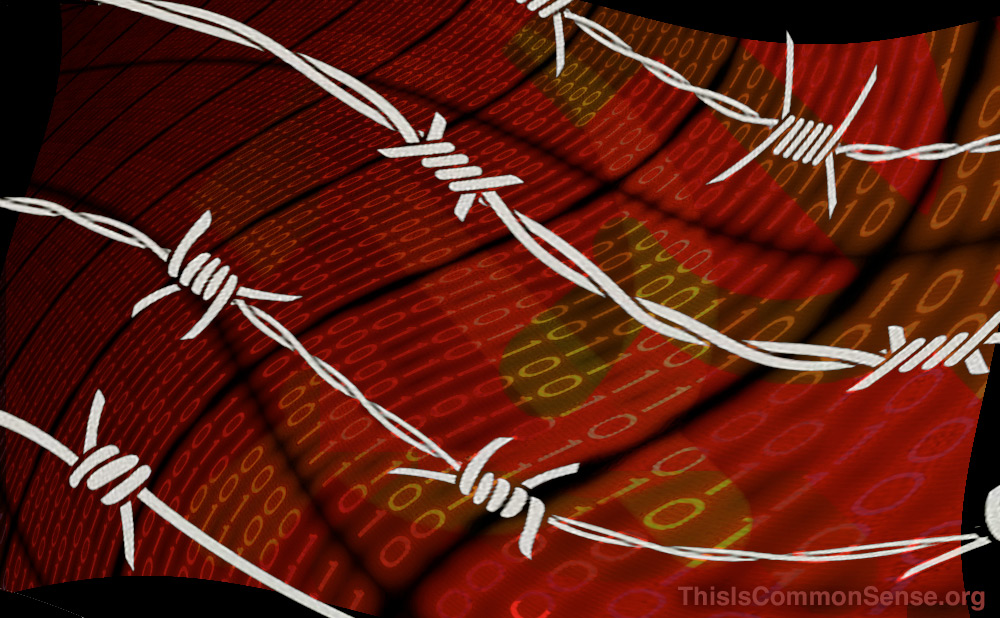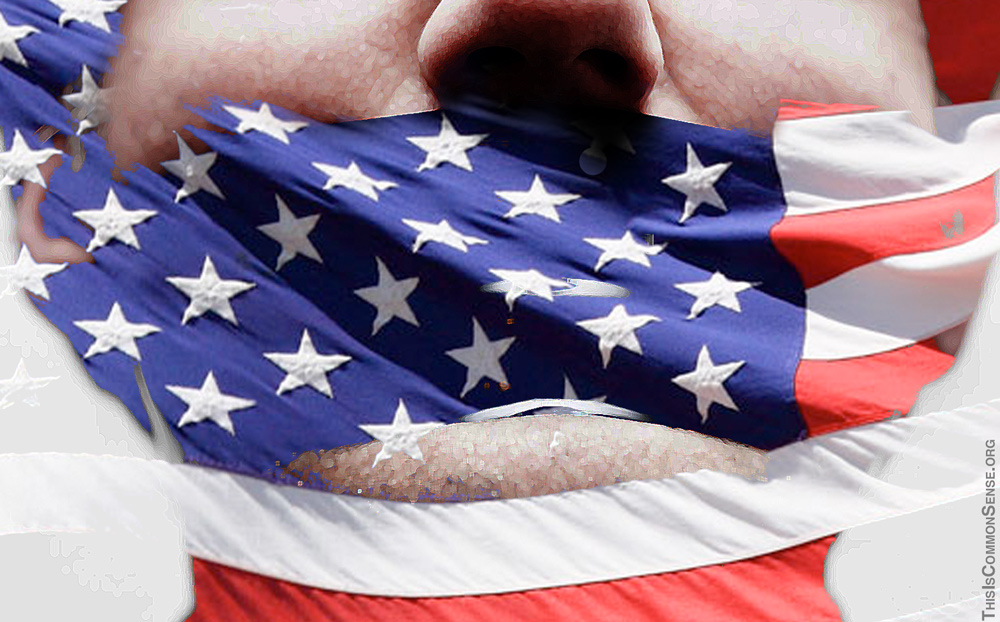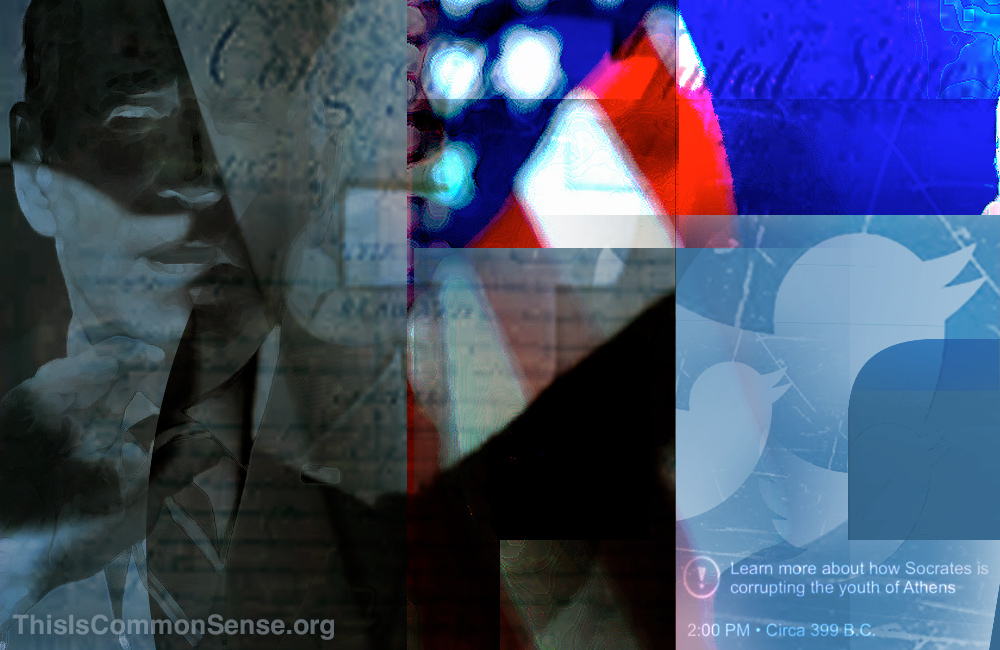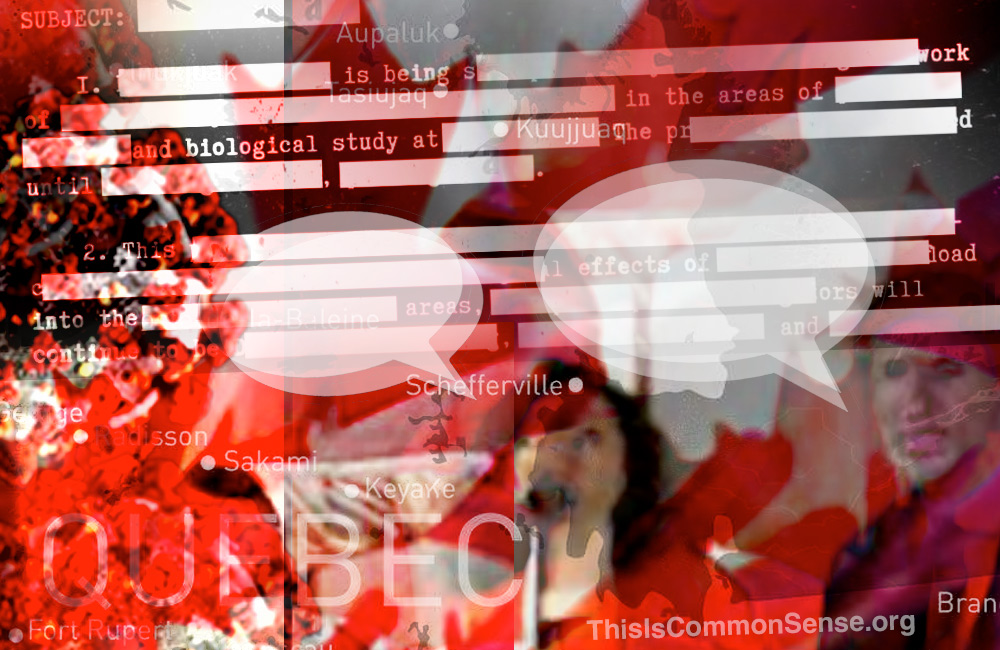I’m pretty sure I’d never heard the term “stochastic terrorism” until last week; now it’s everywhere.
What does it mean?
It sounds redundant, as if the first word didn’t modify the second so much as define it, but I could be wrong,
Freespoke is the new search engine I’m trying out, now that all the old ones seem compromised in weird ways.
Matt Walsh, of his Daily Wire podcast and his documentary film What Is a Woman?, appears to be one of the term’s current honorees. He is said to commit “stochastic terrorism” by calling attention (in one case) to the child abuse going on in hospitals in the form of “gender affirmation” treatments and surgeries. Merely by identifying something that is actually happening and judging it as bad qualifies because it has some unmeasurable likelihood of eliciting violence against those who are thus fingered — not ineluctably or directly or certainly or anything like that.
Just randomly.
Stochastic means random.
Of course, the charge against Walsh (or say, Trump, or anyone else) is that by identifying specific people in specific institutions he’s inviting random followers to engage in violence. But what Walsh is doing specifically is inviting his followers to protest and take political action against the malefactors he identifies.
In familiar terminology, Walsh’s naming of names is similar to doxxing, and can be judged on that basis.
Yet, that hardly justifies calling non-violent speech “violence.”
Furthermore, back to my opening concern, isn’t all terrorism random? Terroristic acts differ from insurrection and assassination in their randomness, the better to elicit a culture of fear in the populace. The randomness in “stochastic terrorism” is not in the targets but the terrorists.
In a heavily polarized political climate, all specific charges by one side against specific people on the other side could be seen as “stochastic terrorism.”
Better to tread carefully. And drop the term.
This is Common Sense. I’m Paul Jacob.
—
See all recent commentary
(simplified and organized)





